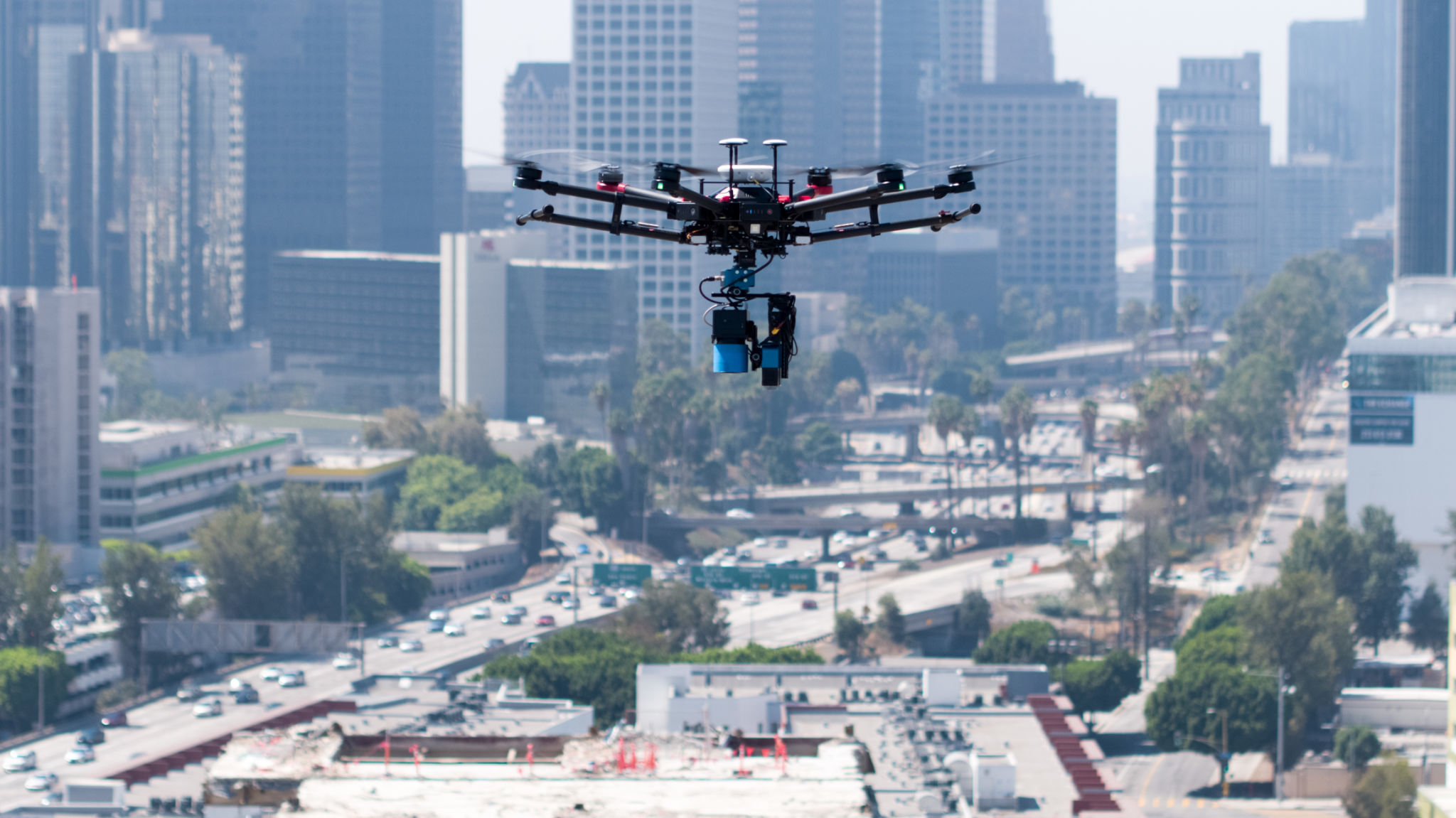Exploring the Benefits of Drone Inspections in Zhejiang's Industrial Sector
Introduction to Drone Technology in Zhejiang
In recent years, the industrial sector in Zhejiang has witnessed a technological revolution, largely driven by the integration of drone technology. These unmanned aerial vehicles are transforming how industries conduct inspections, enhancing efficiency and safety while reducing operational costs.
The adoption of drone inspections offers a wide array of benefits that are reshaping Zhejiang's industrial landscape. From manufacturing to construction sites, drones are instrumental in performing tasks that were previously time-consuming and hazardous.

Enhanced Efficiency and Precision
Drones have the capability to cover large areas quickly and with remarkable precision, which is particularly beneficial for industries like energy, real estate, and logistics. By providing high-resolution images and real-time data, drones enable companies to make faster, more informed decisions.
Moreover, the precision of drone inspections minimizes human error, which is a common issue in manual inspections. This increase in accuracy ensures that potential problems are identified earlier, leading to timely interventions and less downtime.
Reduction in Inspection Costs
One of the most significant advantages of drone technology is its cost-effectiveness. Traditional inspection methods often require scaffolding, cranes, or helicopters, all of which involve substantial expenses. Drones eliminate these costs by providing a more affordable alternative without compromising on quality.

Improved Safety Standards
Safety is a top priority in Zhejiang's industrial sector. Drones play a crucial role in enhancing safety by reaching hazardous or inaccessible areas without putting human inspectors at risk. This capability is particularly valuable in industries such as oil and gas, where inspections can be dangerous.
By preventing potential accidents and injuries, drones help companies maintain high safety standards while meeting regulatory requirements. This not only protects workers but also enhances the company's reputation and compliance status.
Versatile Applications Across Industries
Drones are incredibly versatile tools with applications across various sectors. In agriculture, for example, they can monitor crop health and optimize irrigation practices. In construction, drones provide aerial views that help in project planning and progress tracking.
- Energy: Inspecting power lines and wind turbines
- Real Estate: Providing aerial photography for property listings
- Logistics: Monitoring supply chains and inventory management

Environmental Benefits
The use of drones also contributes to environmental sustainability. By optimizing routes and minimizing resource wastage during inspections, drones help reduce the carbon footprint of industrial operations. Furthermore, they can be used for environmental monitoring, such as tracking pollution levels or assessing natural disaster impacts.
These environmental benefits align with Zhejiang's commitment to sustainable development, making drones an essential tool for industries aiming to reduce their ecological impact.
Future Prospects of Drone Inspections
The future of drone inspections in Zhejiang's industrial sector looks promising. As technology continues to advance, drones are expected to become even more integral to industrial operations. Innovations such as AI integration and improved battery life will further enhance their capabilities.
As more companies recognize the advantages of adopting drone technology, it is likely that we will see an increase in its application across diverse industries. This trend will not only drive efficiency and safety but also pave the way for new business opportunities in Zhejiang's thriving industrial sector.